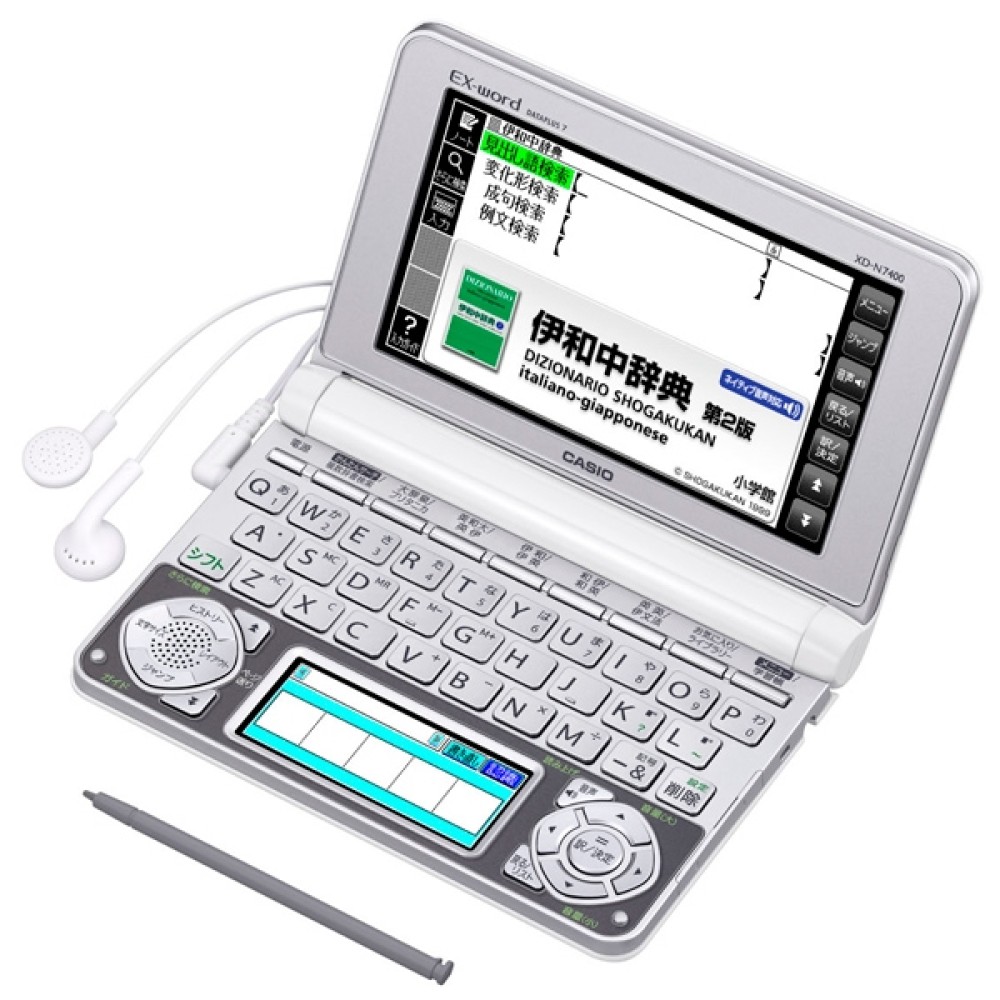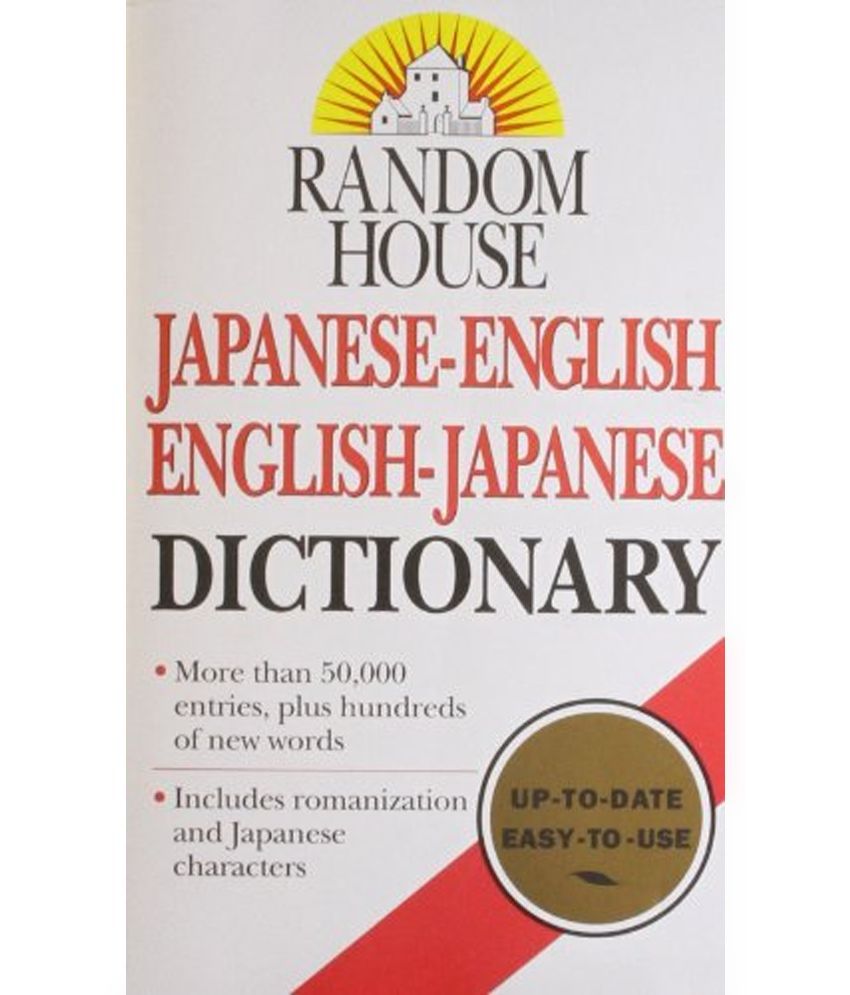

漢 ( かん ) refers to China, so this is the name given to dictionaries that explain kanji and kango 漢語 ( かんご ), Sino-Japanese words.

Surprise, it's the opposite of 英和! Headwords in Japanese with English explanations. Hence, eiwa 英和 ( えいわ ) is "English-Japanese." In these dictionaries the headwords are in English and the explanations are in Japanese. A kokugojiten 国語辞典 ( こくごじてん ) is a dictionary of Japanese words explained in Japanese.Įikoku 英国 ( えいこく ) is a common way to refer to England in Japanese. Kokugo 国語 ( こくご ) generally means "national language" but is often used to refer to the Japanese language. Even different dictionaries of the same type can give you multiple perspectives.īefore we get into the list of dictionaries below, let's make sure you understand the most common types of dictionaries. 国語辞典(こくごじてん) Japanese-language dictionaryįor example, using both a kokugo 国語 ( こくご ) (Japanese-Japanese) dictionary and a waei 和英 ( わえい ) (Japanese-English) dictionary can provide more context on how a word is used. This allows me to get a more complete picture of a word's meaning and usage. However, even though I made Jisho, I will use types of dictionaries as well.

WThe number of w‘s expresses the degree to which the user finds something funny-think of the difference between haha and hahahahahahahahaha.Īa~ i think you’re jealous of haruyama, because i think you want to be cool too … wwwwwwwwww 😂 His expression is so funny - 国枝の白 May 25, 2018 The kanji 笑 remains a more literal, friendly way to express laughter online in Japanese.Ĭan’t stop laughing. Someone noticed that all those w‘s looked like blades of grass, prompting people to refer to Also like hahahaha or lolololol, “Haha, real funny. Like hahahaha or lolololol, Japanese users strung together multiple w‘s to intensify the emotion. I wonder if the pose is just coincidentally very similar or if she actually got inspired by my drawing - ふつうまる May 31, 2018 The use of People eventually found it easier, though, to use the letter w, from the romaji of 笑, wara.


 0 kommentar(er)
0 kommentar(er)
